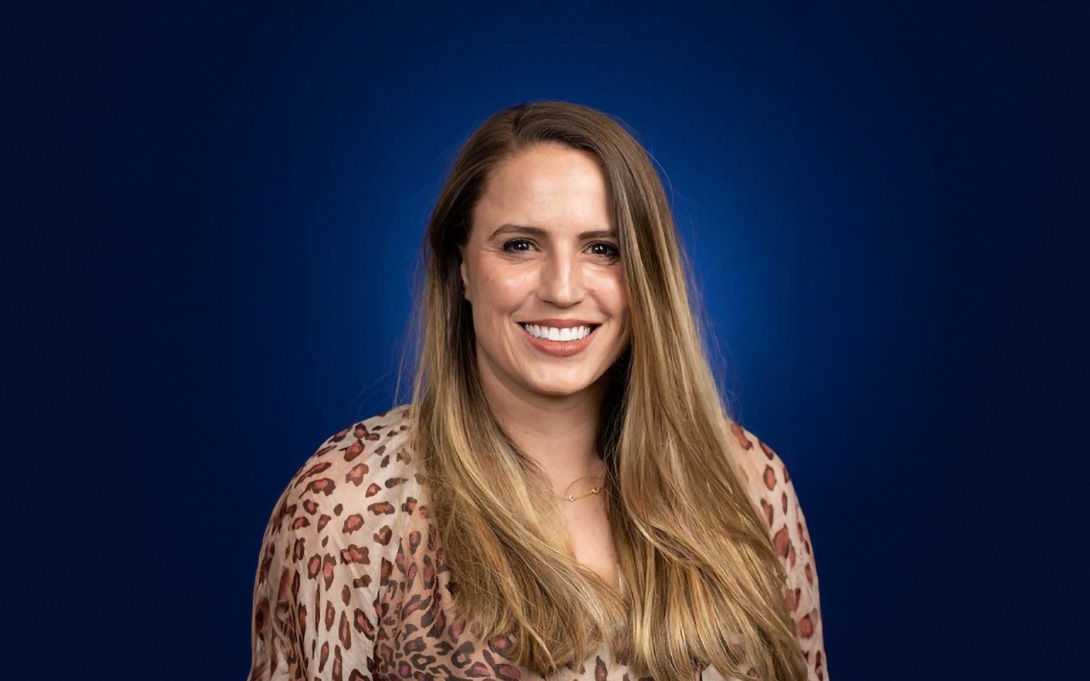
Nikki Hamp (MPA ‘23) had several professional lives before arriving at the Ford School. An MD, she is a board-certified developmental behavioral pediatrician, and until recently has been the medical director of the Arbor Autism Clinic in Ypsilanti which does diagnosis and therapy for children with developmental delay and autism.
When it came time to do her capstone project, she took a brief hiatus to fully engage with the policy world. But she did not leave her passion for caring for children with developmental delays and disabilities far behind.
The Education Policy Initiative (EPI) was working on evidence-based policy recommendations for Michigan’s planned Pre-K for All program, and Hamp was able to advocate for those children.
“Early childhood systems is something in which I have experience, but not necessarily in education. When the work began, I noticed very quickly that there were not many people in the room who were representing the interests of children and students with special needs. And so then that kind of became my project – really looking at inclusion,” she says.
Christina Weiland, EPI faculty co-director, was leading the policy research, having worked on similar projects in Boston, Oregon, Colorado, and Washington state.
She gave Hamp guidance. “She is just so brilliant and she has such incredible knowledge on how to do pre-K and how to do it well. And we have such a unique opportunity in Michigan right now to look at this,” Hamp says.
Hamp looked at the current research on including developmentally disabled children into Pre-K programs.
“There is not great research on best practice for what inclusion looks like in the classroom. And you know what? What there is says that all students benefit when you prioritize inclusion,” she reports.
“In this culture, in the last five years, you've seen so much movement in terms of DE&I initiatives and people talk about inclusion a lot more, but somehow individuals with special needs, individuals with disabilities, are still not being included, like they're still not being invited to the table.”
Hamp’s recommendations are that that policy should think about students with special needs not as an afterthought. And as with many other aspects of Pre-K for All, make sure there are no financial barriers to accessing it. She has seen students fall into the underserved middle – not wealthy enough to afford private preschool, with too high an income to qualify for aid. She also pressed for redefining childhood development delay to make it more inclusive to different kinds of students.
“It's in everybody's best interest to allow them to have these services because it will help to prepare them for kindergarten. And it helps teachers and schools understand the true needs of the children that are showing up.”
For her next professional stage, Hamp is increasingly interested in thinking about careers in a marriage of medicine and policy, or even switching over to a policy career entirely. Whatever she does, the needs of children with developmental disabilities and their families will remain central.
Please click here to see the full EPI Pre-K for All report:
More news from the Ford School